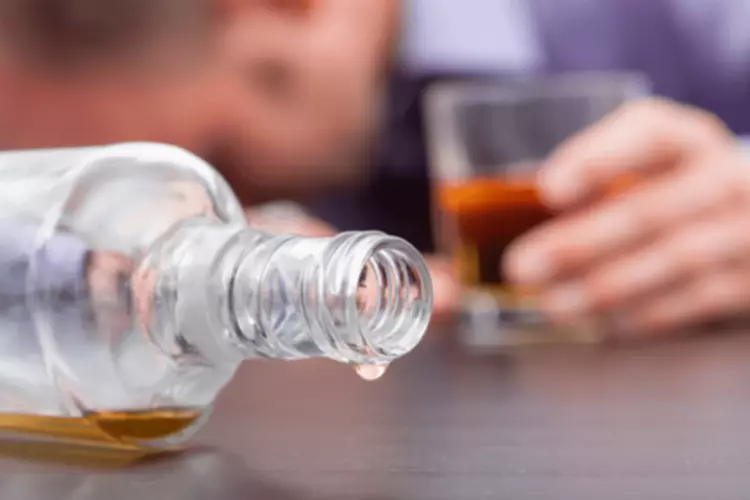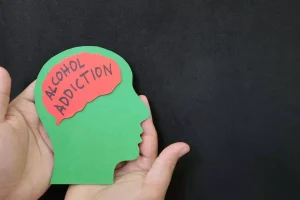
These chemical changes affect how your nerve cells talk to each other. Over time, the nervous system can get worked up when there’s no alcohol in your system. So does being super serious about your workouts mean drinking after work you have to swear off alcohol completely? Athletes who consume alcohol at least once a week are more than twice as likely as non-drinkers to get injured, so maybe yeah, hold off on the mimosas at brunch.
- Employers and HR departments, as seen in SHRM’s guidelines, are encouraged to recognize the signs of on-the-job drinking without direct accusations, focusing instead on creating supportive avenues for addressing these issues.
- It’s important to understand the issues that can come with drinking after work and when it’s time to stop.
- This is because alcohol is a diuretic, meaning it reduces the amount of water a person’s kidneys can reabsorb back into the bloodstream, causing them to urinate more frequently.
Short-Term and Long-Term Health Risk Of Alcohol
Experiencing alcohol cravings may not automatically mean you have an AUD. All the same, it could be worth talking to a mental health professional — more on that below. A hangover is a group of unpleasant symptoms that can happen after drinking too much alcohol. As if feeling awful weren’t bad enough, frequent hangovers also are linked with poor performance and conflict at home, school and work. Falsely accusing an employee can lead to major trouble, so it’s important to balance the delicacy of the situation with prioritizing the health and safety of all employees. If you decide you’re going to drink alcohol, why not set a limit for what you’re going to drink before you go out?
What about inflammation and dental issues?
- So drinking a beer with a lower alcohol percentage (like 3.5 percent) as opposed to some IPAs (that have upwards of 9 percent alcohol) may make a difference.
- It’s important to understand personal limits and goals when considering alcohol consumption.
- It can potentially lead to stress and mood disorders, including depression and anxiety.
- It’s important to ease this stress without always resorting to drinking after work.
The open 24/7 beer fridges, Friday drinks trolley and booze-fuelled socials don’t sit as well with workers, and may be becoming less ingrained in corporate culture. However, it is not just working-class people who may struggle with substance abuse due to drinking after work. There are those at the professional level who also struggle with the same problems. This goes to show that substance abuse can happen to anyone if they aren’t careful. Stress in a person’s life can be the root cause of drinking and drug use. Without the proper control, a person can eventually develop an addiction.
Social Sharing

You may find yourself pouring a drink after work because work is very stressful for many people regardless of the occupation. Yes, alcohol may seem like an easy way to relax but it is certainly not the best way. Drinking or https://ecosoberhouse.com/article/5-tips-of-how-to-maintain-recovery-motivation/ using drugs at work can cost you your job, but it doesn’t stop people from doing it. In a national survey, 15% of employed Americans said they work under the influence of alcohol and that their drinking impairs their work.
Its prevalence is notable, with some individuals spending significant time and money on these activities, as evidenced by reports indicating American workers may spend upwards of $3,000 a year on after-work drinks. The social aspect of this practice is underscored by its role in team bonding, with one in three workers believing it beneficial for strengthening team dynamics. One effective approach to managing after-work drinking is to identify personal triggers and develop strategies to handle these triggers without relying on alcohol.

How About Some Beers After Work?
- Some have substance abuse disorders; others abstain for religious or health reasons or because they simply don’t like the taste or effects of alcohol.
- Excessive alcohol consumption has been linked to a variety of health issues, including liver disease, heart problems, and an increased risk of certain types of cancer.
- When it comes to drinking after work, it’s important to be wary of these red flags.
- Those who work in construction or manual labor tend to abuse alcohol much more after work.





















